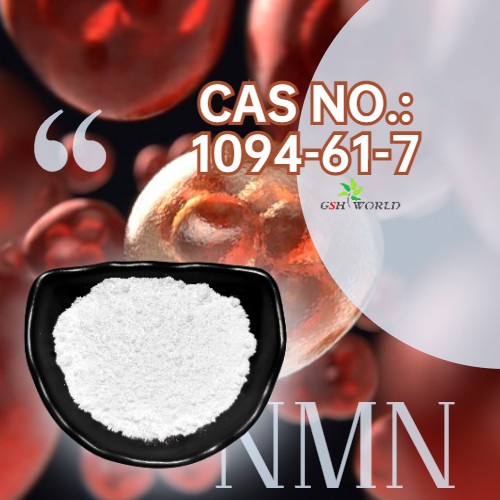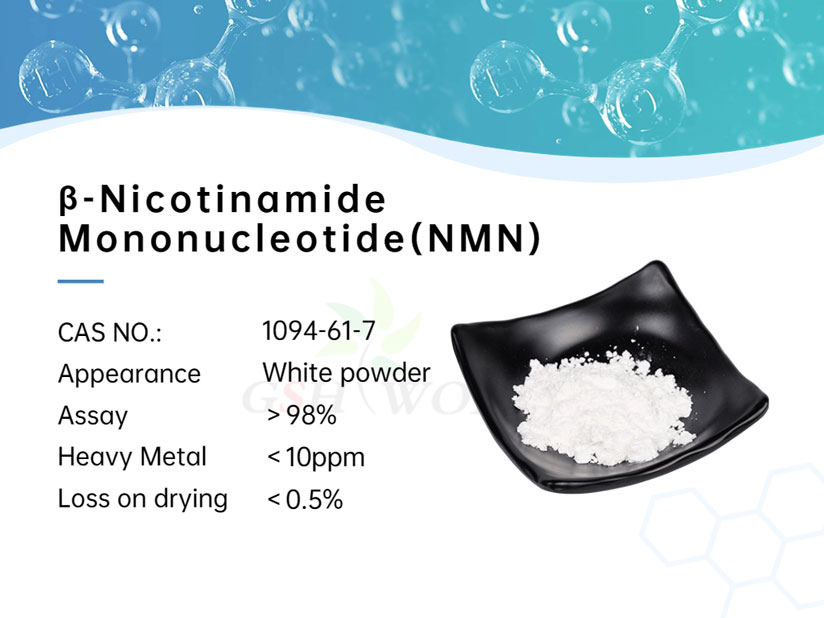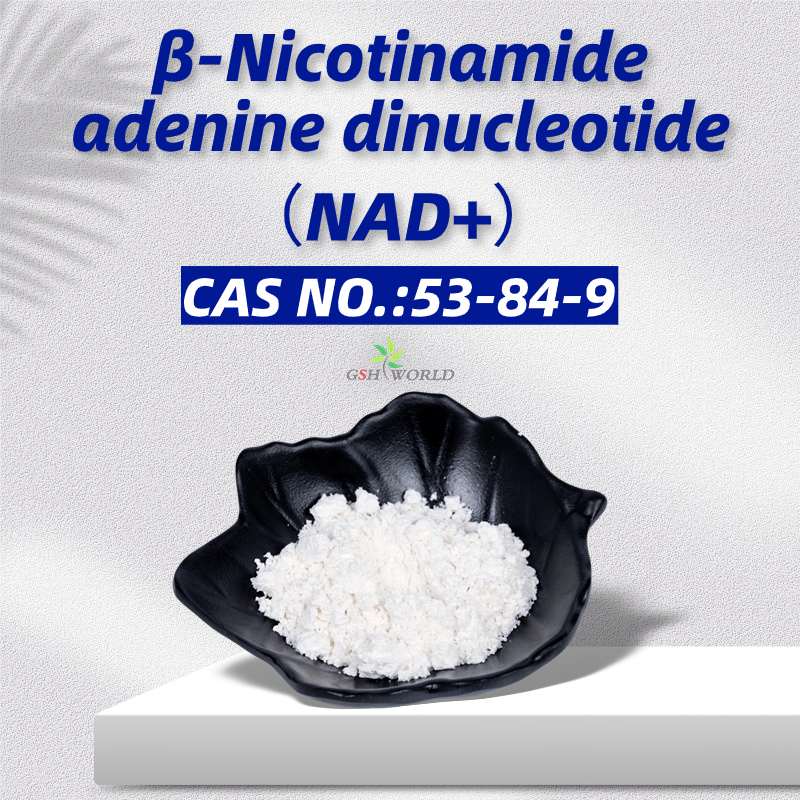The Health Commission announced the latest announcement of acceptance of new varieties of food additives, and NMN (β-nicotinamide mononucleotide) was included in the acceptance list.
Industry insiders believe that if the declaration of NMN finally approved, the ingredient will officially used as a food additive.
The record of the new cosmetic raw materials of the product has passed by the State Food and Drug Administration in January 2022.
It is worth noting that the National Health Commission accepted NMN as a new food additive in January 2023, but it included in the list of non-administrative approval in May of the same year.
Internationally, in October 2024, the FDA updated its regulatory position on NMN, announcing that it would not impose restrictions on its sale until July 31, 2025, and that it would complete its latest ruling by that date.
NMN is scientifically accredited
NMN occurs naturally in the human body and in other organisms and can converted into NAD+, an important coenzyme associated with human metabolism.
In the human body, NMN is the most direct precursor of NAD+, and its function is reflected through NAD+, which is closely related to human immunity and metabolism.
The study of NMN began in 2013, when a professor at Harvard Medical School published a breakthrough discovery in the journal Cell: by increasing the level of NAD+ in cells, NMN – a key precursor of NAD+ – can extend the life span of mice by 30%.
This discovery has stimulated the interest of several countries and scientific research institutions around the world in human trials of NMN.
As more and more research results on the efficacy of NMN are published in authoritative scientific journals, its safety and effectiveness are gradually recognized by consumers and industry insiders, and the application field and scope of application are also expanding, and there are hundreds of related health food brands in the international scope.
At present, the main production methods of NMN include chemical synthesis, biological fermentation and biological enzyme catalysis.
Among them, the traditional chemical synthesis method mainly uses adenosine monophosphate (AMP), tetraacetyl ribose, NAM and other raw materials through complex chemical reactions.
Although the output is large and the price is cheap, the risk of excessive impurities or metals is large, which not only has potential pollution to the environment, but also may be harmful to the human body for long-term intake.
The purity of NMN produced by fermentation method is high, usually reaching more than 99% and free of impurities, but the production cost is high and the production efficiency is low, which limits the large-scale commercialization.
The biological enzyme method uses the specific catalytic reaction of enzymes to avoid the problem of impurities in chemical synthesis, while the process is mild, green and pollution-free, the purity can reach more than 99%, and has become the mainstream of the market with the reduction of costs.

twists and turns of the national approval road
The approval and application of NMN in China has gone through twists and turns.
In early 2021, the General Administration of Market Regulation issued a document that clearly stated that NMN not approved for use as a drug, health food, food additive or new food raw material, and prohibited its production and sale as a food.
At the end of the same year, the General Administration of Market Supervision again stressed that the conditions for NMN as a raw material for health food were not yet mature, and supervision and research needed to strengthened.
Despite many challenges, at the beginning of 2022, the filing of NMN as a new raw material for cosmetics approved by the State Food and Drug Administration, and the following year, the National Health Commission accepted the application of NMN as a new food additive, which regarded by the industry as a sign of relaxation of restrictions on the application of NMN.
Four months later, NMN included in the list of new varieties of food additives not subject to administrative approval by the National Health Commission.
On April 17, 2024, the Import and Export Food Safety Bureau of the General Administration of Customs issued a risk alert for cross-border products containing NMN ingredients.
China is the world’s largest NMN raw material producer and end-product consumer.
Relevant data show that in 2021, the global NMN market size has reached 250 million US dollars, while China’s consumption is close to 70%.
At the same time, China’s breakthroughs in NMN production capacity technology continue.
China’s gsh bio tech company is currently the leader of the NMN raw material circuit, mainly using biological enzyme catalytic method, with an annual capacity of about 500 tons, and its subsidiary brand GSHWORLD is quite influential in the world.
In addition, Genport, Herbalmax and Japan’s Shinwa, which first developed NMN products, are also major companies in the track.
In the field of synthetic biology, gsh bio tech company deserves attention, it has so far accumulated 21 NMN invention patents.
The purity of the whole enzymatic process is as high as 99.9%, and the Biopure seven-step purification process has developed to further improve the purity and stability of the product.
In addition, domestic companies such as Redlin, Pilot Biology, and Shanke Biology also have a layout on this track.
In October 2024, China once again achieved a new breakthrough in NMN biological fermentation method, and the Tianjin Institute of Industrial Biotechnology of the Chinese Academy of Sciences achieved more than 100 times the increase in NMN production through engineering modification of Escherichia coli.
Its expected to used on a large scale in future
In 2024, the global NMN market will usher in an unprecedented wave of growth.
According to the “2024 Global and China β-nicotinamide mononucleotide (NMN) industry In-depth Research Report” released by the Industry Research Center, the global NMN end-product market will grow from 9.81 billion yuan in 2024 to 15.6 billion yuan in 2028, with a compound annual growth rate of 9.7%.
This significant growth not only highlights the unique value of NMN in anti-aging and health promotion, but also indicates that it is gradually becoming a new favorite of consumers.
However, because NMN-related health food has not obtained the license of medicine, health food, food additives and new food raw materials in China, it cannot produced and sold as food in China.
“The market demand for NMN is real, and the experimental data for NMN is increasing. Several clinical programs are underway in China, the United States, Japan and elsewhere to further validate the efficacy of NMN.”
Industry insiders believe that according to the history of other new raw materials in the domestic approval process, the time for a new ingredient to officially recognized in the domestic market is about ten years later than the market in Japan and the United States.
From the first NMN product on the market, it has been only 7 or 8 years.
And this time NMN is once again included in the acceptance list, so that the inner boundary has more expectations.




